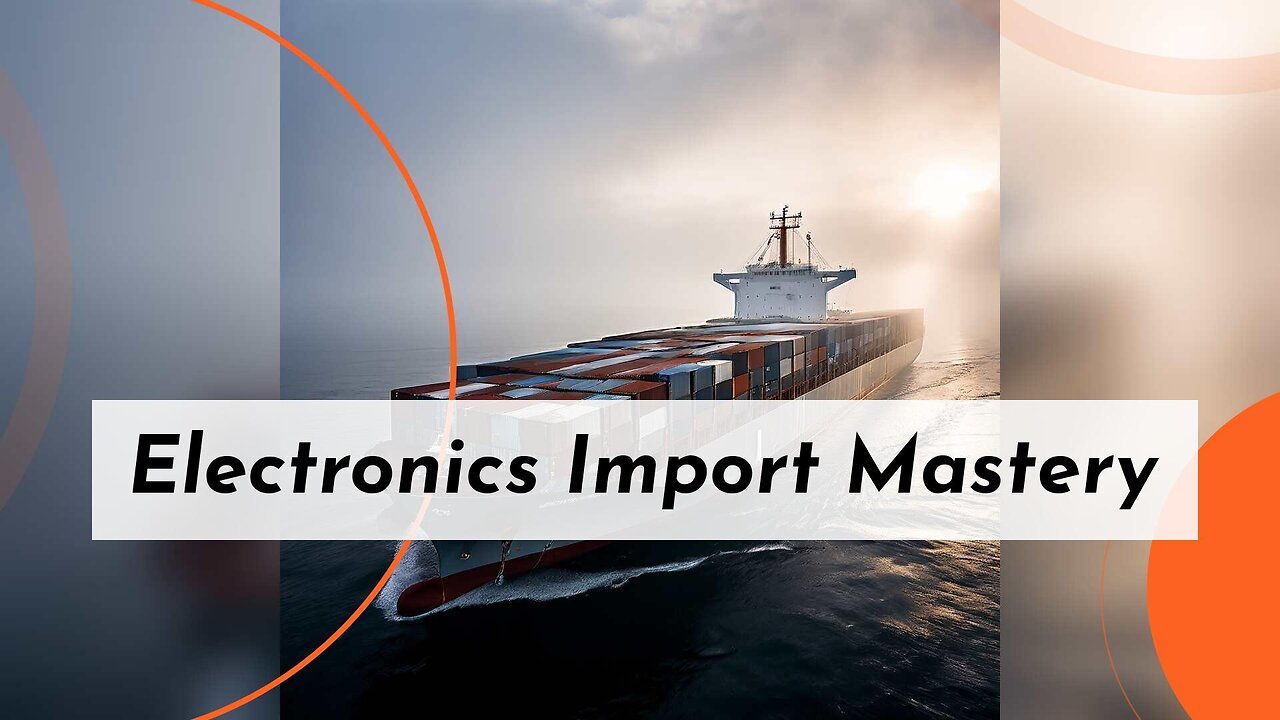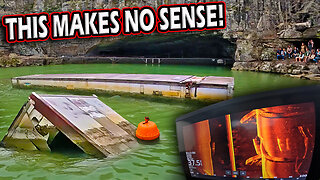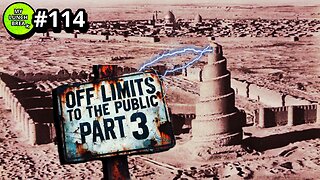Premium Only Content

Mastering Electronics Import: Compliance, Labeling, and Certification
ISF Solution | (832-904-9333)
clearance@isfsolution.com | www.isfsolution.com
In this episode of our video series on customs brokerage and international trade, we discussed the requirements for importing goods subject to electronics and electrical appliances product regulations. These regulations are put in place to ensure the safety, quality, and compliance of these products. Importers need to understand and comply with specific product standards, labeling requirements, testing procedures, and certification.
Compliance with product standards is essential when importing such goods. These standards establish the minimum safety, performance, and quality criteria that the products must meet. Importers must thoroughly research and understand the applicable standards for the specific products they're importing.
Labeling requirements play a significant role in ensuring consumer safety and providing essential information to users. Importers must comply with the labeling regulations of the destination country, which may include labeling in the local language, safety warnings, product identification, and other necessary information.
Product testing and certification are often required for electronics and electrical appliances subject to regulations. These tests assess the product's safety, performance, and compliance. Depending on the country, third-party testing laboratories may need to perform these tests, and certain products may require certification from authorized bodies.
Proper documentation and paperwork are crucial for any importation process, including goods subject to electronics and electrical appliances product regulations. Importers must ensure that all necessary documents, such as the bill of lading, commercial invoice, packing list, and certificates or declarations, are accurate and complete.
To further streamline the importation process and ensure compliance, importers may need to obtain a customs bond and work with a licensed customs broker. A customs bond acts as insurance, guaranteeing the payment of customs duties, taxes, and other fees. Customs brokers can provide valuable expertise in navigating regulations and efficiently clearing goods through customs.
By meticulously following the requirements outlined by the destination country, importers can successfully import goods subject to electronics and electrical appliances product regulations. Compliance with product standards, meeting labeling requirements, conducting product testing and certification, and ensuring proper documentation are key. The assistance of a customs broker and a customs bond can also facilitate the importation process and ensure compliance.
Thank you for watching this episode on the requirements for importing goods subject to electronics and electrical appliances product regulations. We hope you found the information valuable. Stay tuned for more videos where we will explore various topics in customs brokerage and international trade.
#usimportbond #isfcustomsbroker #uscustomsclearing #isfentry
Video Disclaimer Here: For educational purposes - No affiliation with US government sectors.
00:52 Compliance with Product Standards: To import electronics and electrical appliances, it is essential to meet specific product standards that define safety, performance, and quality criteria.
01:18 Labeling Requirements: Importers need to adhere to labeling regulations in the destination country, which may include safety warnings, product identification, and information in the local language.
01:44 Documentation and Customs Procedures: Proper documentation, including the bill of lading and certificates, is crucial for a successful importation process. Importers may also need a customs bond and the assistance of a licensed customs broker for efficient clearance through customs.
-
 LIVE
LIVE
Vocalot
1 day agoDay 6! New Here! New Rumble Friends!? 🤙
1,724 watching -
 34:27
34:27
The Connect: With Johnny Mitchell
18 hours ago $13.72 earnedCan He Stop Them? Inside Trumps War On Mexican Drug Cartels & The New Era Of Mexican Organized Crime
35.3K22 -
 2:33:15
2:33:15
Tundra Tactical
10 hours ago $12.55 earnedLuis Valdes Of GOA Joins The Worlds Okayest Firearms Live Stream!!!
37.9K1 -
 1:03:41
1:03:41
Man in America
19 hours agoAre Trump & Musk the COUNTER-ELITES? w/ Derrick Broze
93.8K85 -
 3:45:08
3:45:08
DLDAfterDark
10 hours ago $11.85 earnedDLD Live! SHTF Handguns! Which Would You Choose?
50.8K4 -
 1:50:38
1:50:38
Mally_Mouse
13 hours agoSaturday Shenanigans!! - Let's Play: Mario Party Jamboree
60.1K -
 1:13:00
1:13:00
Patriots With Grit
17 hours agoWill Americans Rise Up? | Jeff Calhoun
49.9K14 -
 14:55
14:55
Exploring With Nug
17 hours ago $11.85 earnedWe Found Semi Truck Containers While Searching for Missing Man!
65K16 -
 27:57
27:57
MYLUNCHBREAK CHANNEL PAGE
1 day agoOff Limits to the Public - Pt 3
151K72 -
 38:07
38:07
Michael Franzese
17 hours agoLeaving Organized Crime and Uncovering Mob in Politics: Tudor Dixon and Michael Franzese
116K15